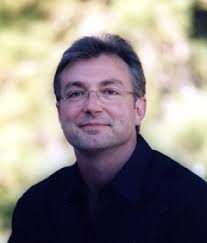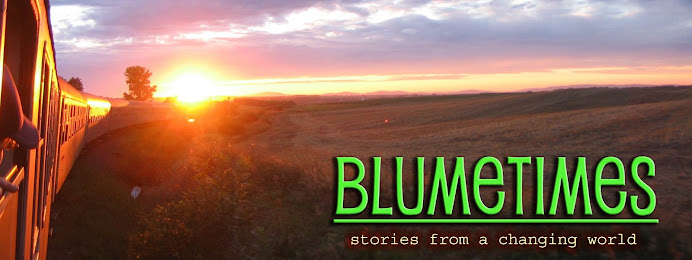 I just spent the weekend teaching at the New England Young Writer's Conference, and it was a remarkable experience. I'll expound in several segements, but for now, I want to share a bit from the keynote address delivered by Vermont author and pundit political, Philip Baruth:
I just spent the weekend teaching at the New England Young Writer's Conference, and it was a remarkable experience. I'll expound in several segements, but for now, I want to share a bit from the keynote address delivered by Vermont author and pundit political, Philip Baruth:It’s true of Bilbo Baggins. Why does Gandalf mark Bilbo’s door of all the little round doors in the Shire, and in fact why mark the door of a hobbit at all, when there are stronger and braver and sharper warriors ready to hand? It turns out the answer is much deeper than it seems: it’s not just that hobbits are light of foot, or that Bilbo is destined to find the Ring of Power hidden away beneath a mountain. It’s that only a hobbit, and only Bilbo Baggins of all hobbits, could carry that particular ring as long and as far as it must be carried without turning into something grasping and evil.
The same is true of Harry Potter. In some sense, Hagrid doesn’t tell Harry anything he doesn’t already know, when the half-giant busts down the door to explain the difference between Wizards and Muggles, when he explains that Harry himself is not merely a wizard, but a wizard of great power, a crucial element in an ancient, ongoing struggle.
So what Bilbo Baggins and Harry Potter learn at the beginning of their adventures allows them to understand things about themselves of which they have always been dimly aware — things they’d rather not know, actually, because along with the knowledge of their dormant power comes a crushing responsibility.
And these are only two of the most famous examples, but there’s also Meg Murray and Thomas Covenant, and the brothers and sisters who discover the lion, the witch and the wardrobe. And almost any one of you could think of fifty more. Because you’ve read these stories avidly, compulsively, for almost as long as you’ve been able to read. They spoke directly to something inside of you, something of which you’ve always been only dimly aware.
I said I knew the reason why you read these books, and this is it: you read them because this wondrous moment I’ve been describing, when the heroes learn who and what they really are, when they learn that their hidden power is power of a higher order altogether — that moment is never going to happen to you. Ever.
In fact, society has adopted the term “fantasy” to describe this genre specifically to drive home the message that this is never going to happen to you. Ever.
Except tonight. Except in this legendary place, here and now. Welcome to the Breadloaf Campus, my friends. It’s long past time you knew who and what you really are."
I could have sworn he was talking about me!
To read Philip's whole, marvelous address, click here.




No comments:
Post a Comment